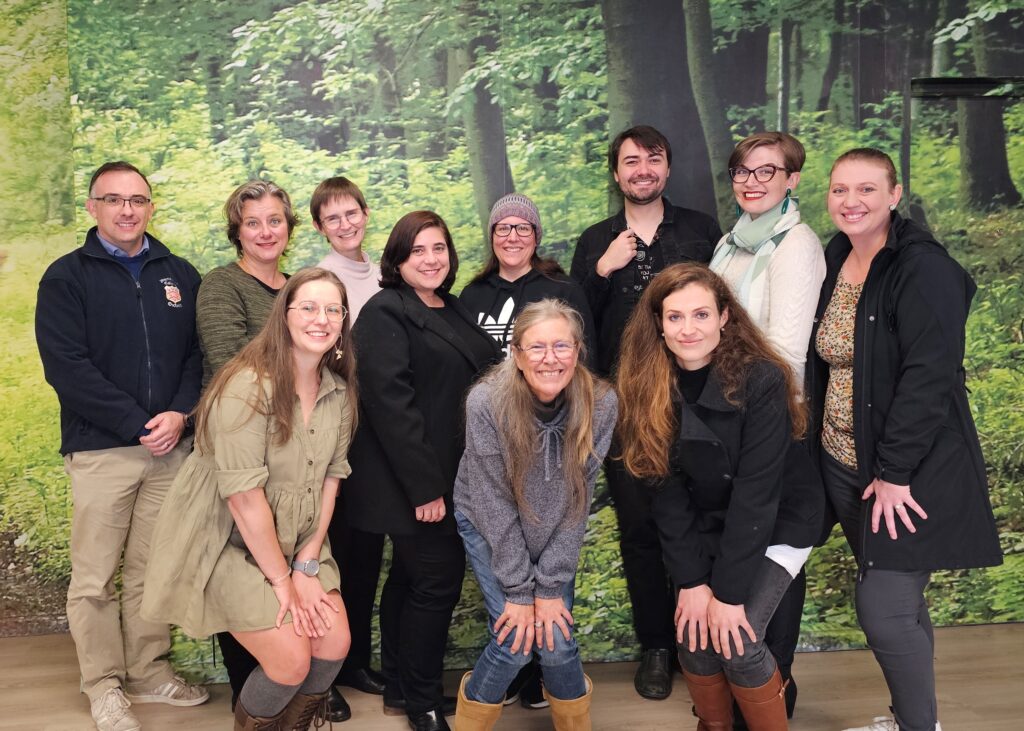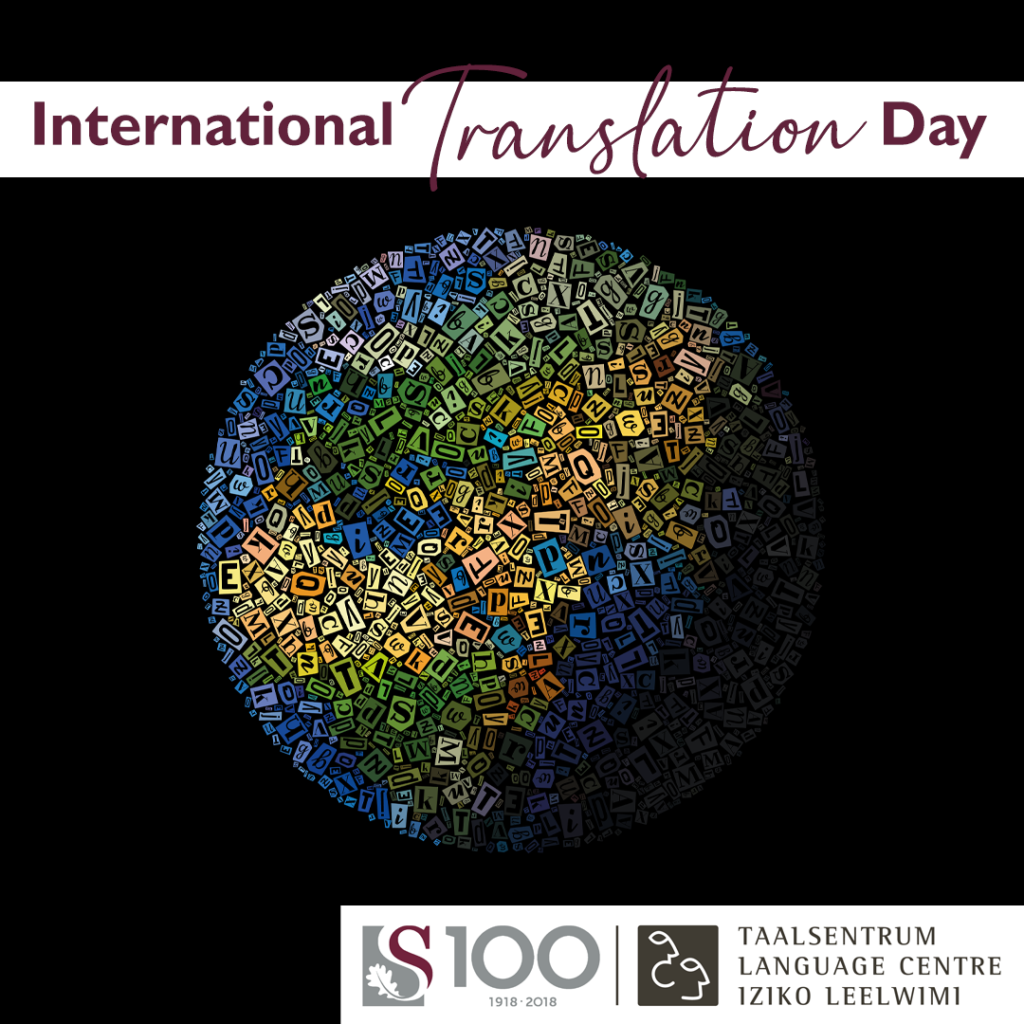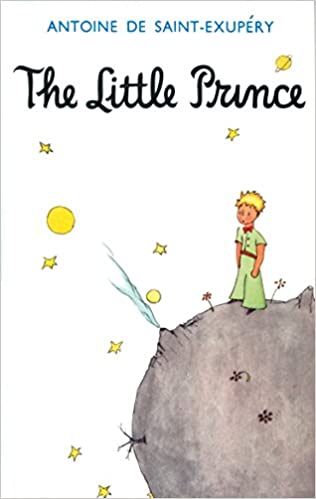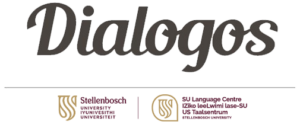Teamwork makes the team work: Lecturers’ online partner in multilingualism
Africa Day 2023: Our Africa, our future
The practice of interpreting from one language to another on the African continent, as elsewhere, goes back thousands of years. In many African societies, the professional linguists or praise singers belonged to a long line of gifted multilingual orators …
So many kinds of freedom
“I never even knew that such a kind of personal freedom existed, because I had never experienced it before.” In celebration of Freedom Day on 27 April, a Belgian exchange students shares her thoughts on freedom with us, originally in Afrikaans, but translated into English below.
Resources for advancing a multilingual mindset in SU environments
Mother language, heart language
Guide for lecturers: Introduction to real-time online interpreting
Calling all lecturers: This short video explains how you can easily use real-time online interpreting. Follow this step-by-step guide for an MS Teams set-up.

